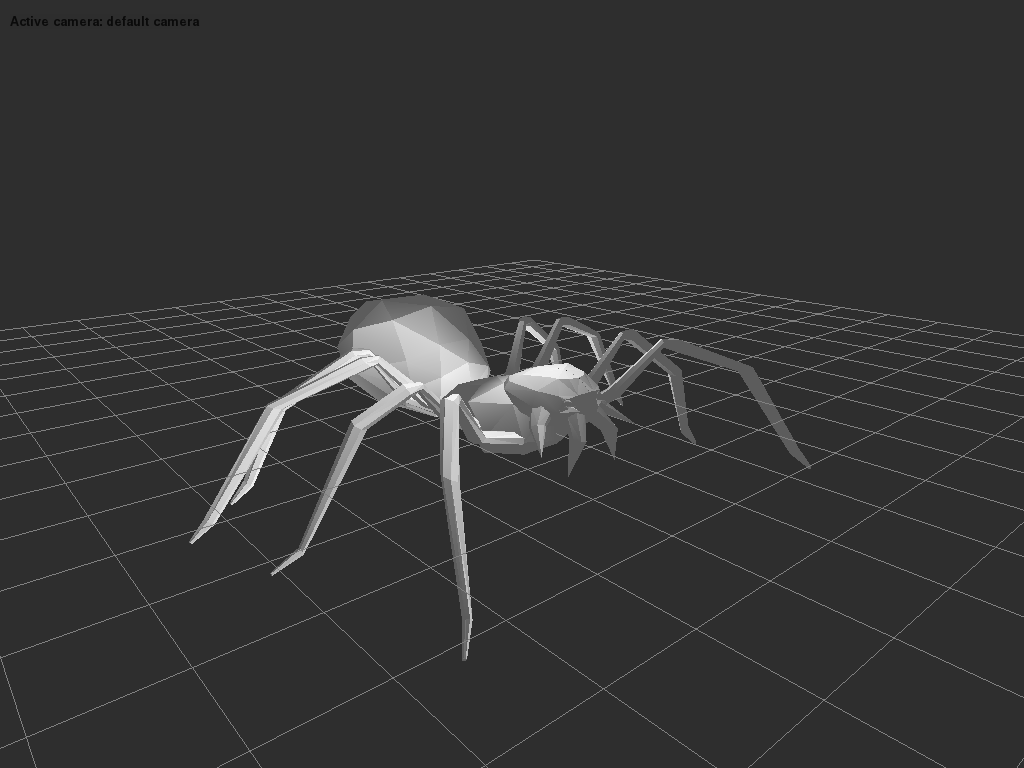|
|
||
|---|---|---|
| .. | ||
| gen | ||
| pyassimp | ||
| scripts | ||
| 3d_viewer_screenshot.png | ||
| README.md | ||
| README.rst | ||
| setup.py | ||
README.md
PyAssimp Readme
A simple Python wrapper for Assimp using ctypes to access the library.
Requires Python >= 2.6.
Python 3 support is mostly here, but not well tested.
Note that pyassimp is not complete. Many ASSIMP features are missing.
USAGE
Complete example: 3D viewer
pyassimp comes with a simple 3D viewer that shows how to load and display a 3D
model using a shader-based OpenGL pipeline.
To use it, from within /port/PyAssimp:
$ cd scripts
$ python ./3D-viewer <path to your model>
You can use this code as starting point in your applications.
Writing your own code
To get started with pyassimp, examine the simpler sample.py script in scripts/,
which illustrates the basic usage. All Assimp data structures are wrapped using
ctypes. All the data+length fields in Assimp's data structures (such as
aiMesh::mNumVertices, aiMesh::mVertices) are replaced by simple python
lists, so you can call len() on them to get their respective size and access
members using [].
For example, to load a file named hello.3ds and print the first
vertex of the first mesh, you would do (proper error handling
substituted by assertions ...):
from pyassimp import load
with load('hello.3ds') as scene:
assert len(scene.meshes)
mesh = scene.meshes[0]
assert len(mesh.vertices)
print(mesh.vertices[0])
Another example to list the 'top nodes' in a scene:
from pyassimp import load
with load('hello.3ds') as scene:
for c in scene.rootnode.children:
print(str(c))
INSTALL
Install pyassimp by running:
$ python setup.py install
PyAssimp requires a assimp dynamic library (DLL on windows,
.so on linux, .dylib on macOS) in order to work. The default search directories are:
- the current directory
- on linux additionally:
/usr/lib,/usr/local/lib,/usr/lib/x86_64-linux-gnu
To build that library, refer to the Assimp master INSTALL
instructions. To look in more places, edit ./pyassimp/helper.py.
There's an additional_dirs list waiting for your entries.
